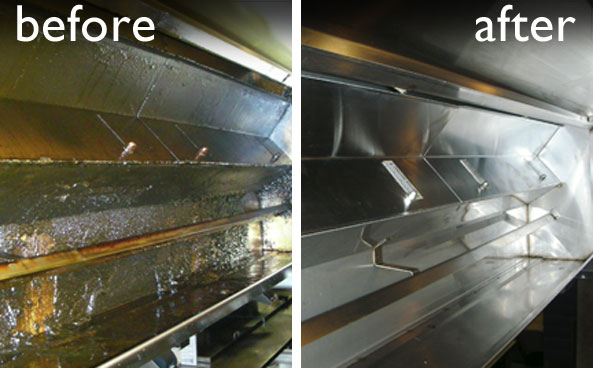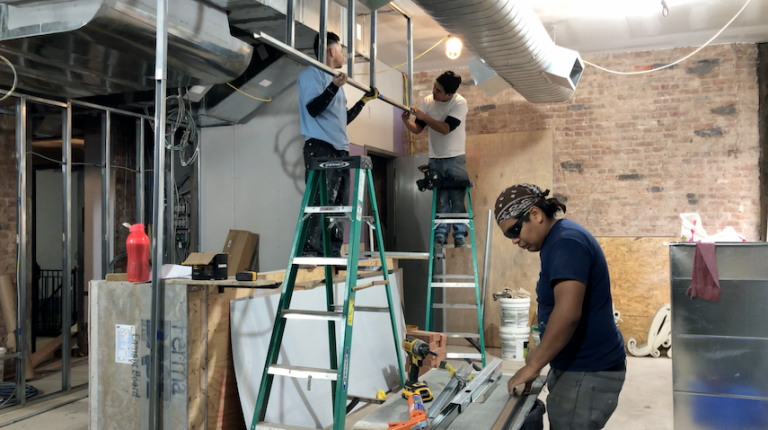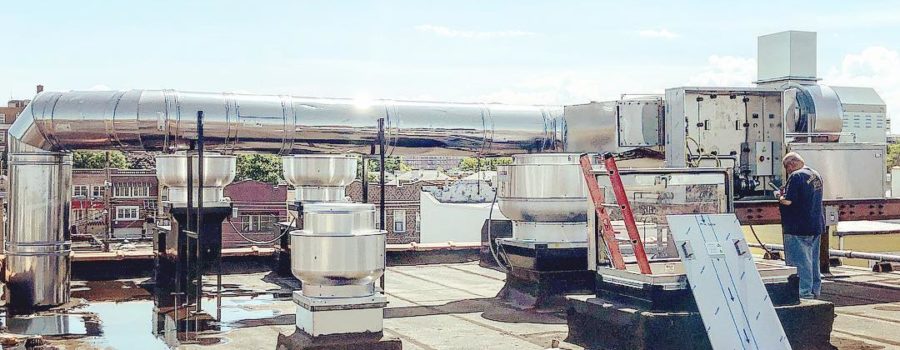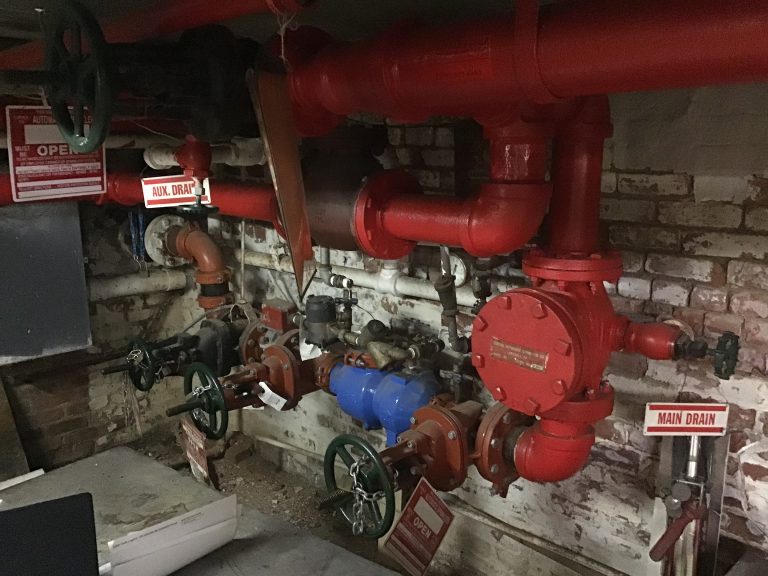How do restaurant fire system vulnerabilities cause violations of the FDNY Fire Code?
How Does the FDNY Enforce Fire Code Regulations in Chinese and Asian Food Restaurants?
Don't forget, restaurant fire system vulnerabilities cause violations
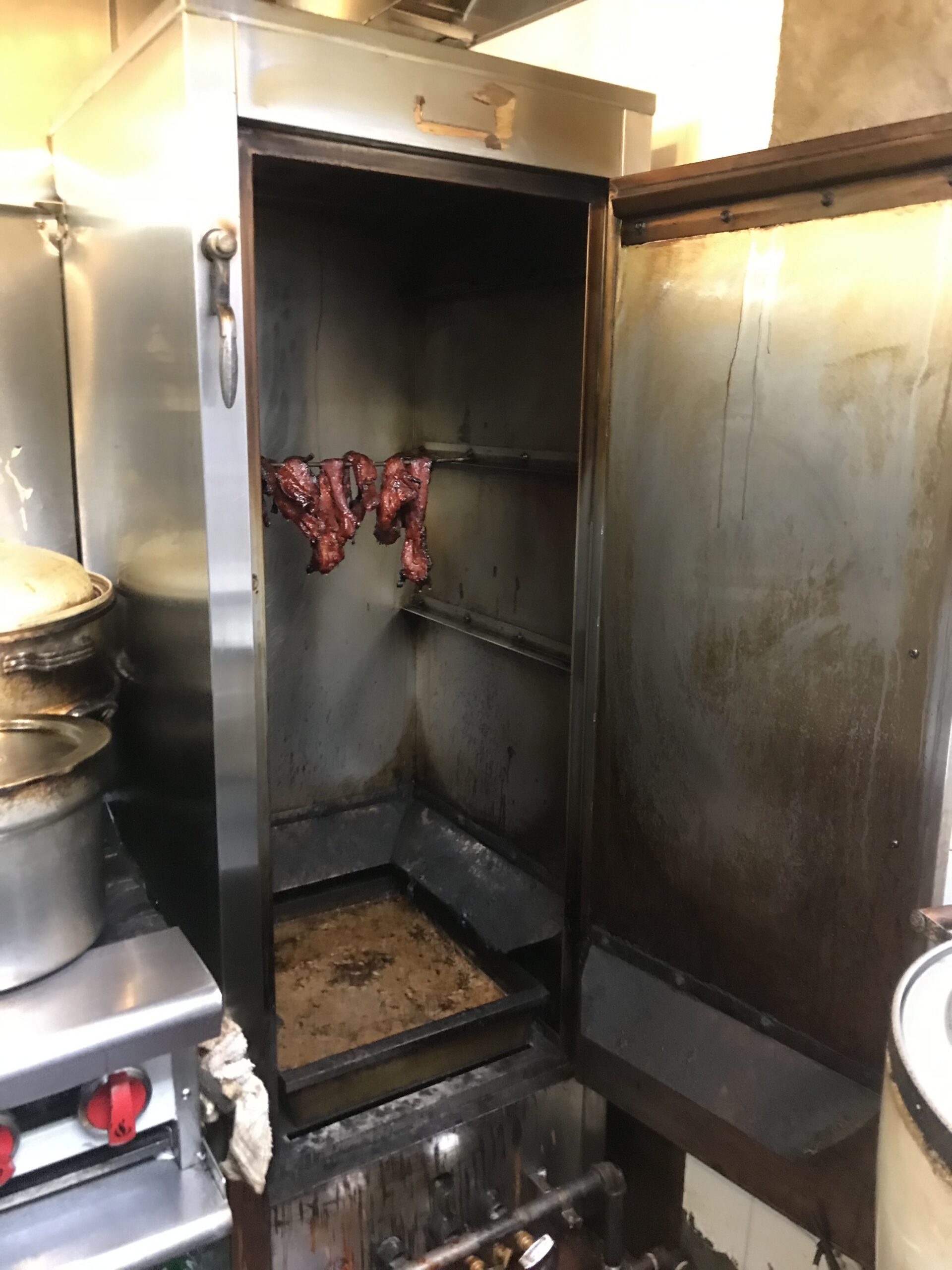
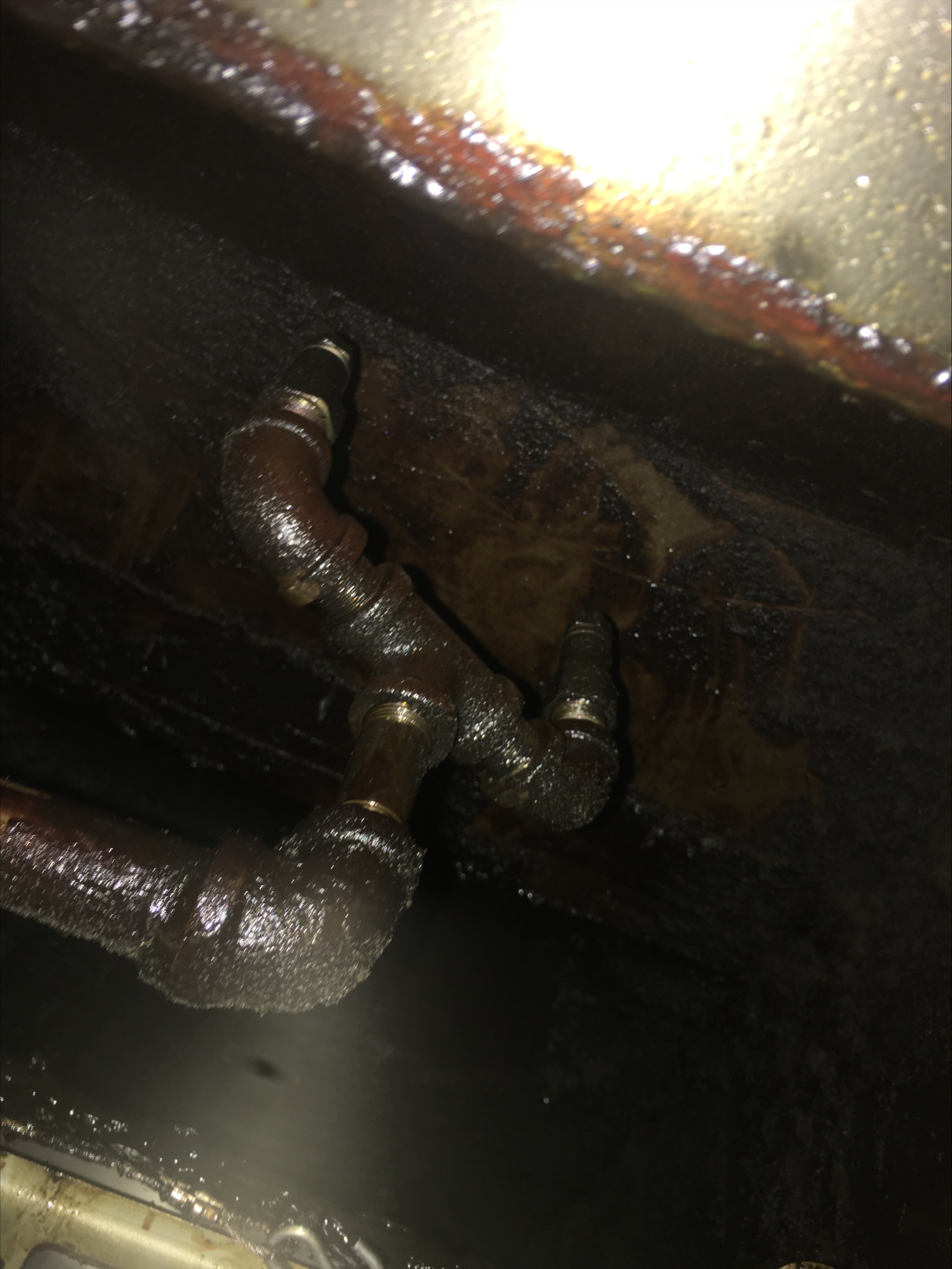
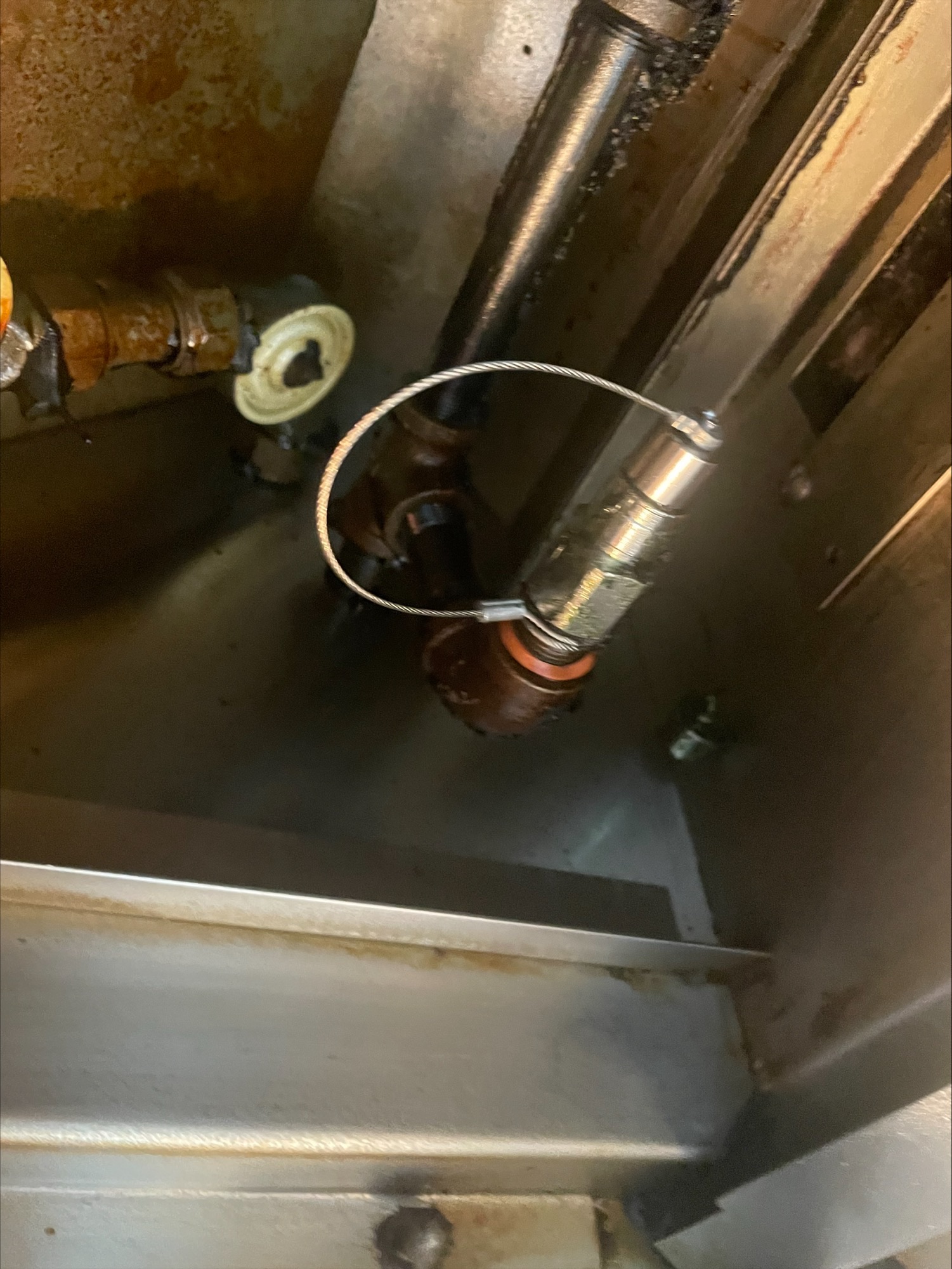
READ IN CHINESE New York City is home to a vibrant array of Chinese and Asian food restaurants, each offering unique and flavorful dining experiences. To ensure these establishments are safe for patrons and staff, the FDNY (Fire Department of New York) rigorously enforces fire code regulations. But how does the FDNY enforce these regulations, and what are the common fire system vulnerabilities that often lead to violations in Chinese and Asian food restaurants?
FDNY Enforcement of Fire Code Regulations
The FDNY employs a detailed and systematic approach to enforce fire code regulations in Chinese and Asian food restaurants. This process includes regular inspections where fire marshals and inspectors evaluate the premises for compliance with safety standards. Key areas of focus during these inspections include:Fire Suppression Systems:
Given the high-temperature cooking methods commonly used in Chinese and Asian kitchens, such as woks and deep fryers, the functionality of fire suppression systems is crucial. Inspectors ensure that kitchen hood suppression systems are maintained and in proper working order to effectively combat grease fires.Fire Extinguishers:
Restaurants are required to have a sufficient number of accessible fire extinguishers. Inspectors check that these extinguishers are up-to-date and that restaurant staff is trained to use them in case of a fire.Emergency Exits and Signage:
The FDNY ensures that emergency exits are clearly marked, unobstructed, and functional. Illuminated exit signs and pathways free from obstructions are essential for the safe evacuation of patrons and staff during an emergency.Electrical Systems:
Proper electrical system maintenance is critical, as overloaded circuits or faulty wiring can pose significant fire hazards. Inspectors check for compliance with electrical codes to prevent such risks.Vulnerabilities Leading to Violations
Despite the comprehensive regulations, certain vulnerabilities are more likely to lead to violations in Chinese and Asian food restaurants. Understanding these common issues can help restaurant owners take proactive measures to comply with fire safety regulations.Improper Maintenance of Fire Suppression Systems:
The high grease content from frequent frying and stir-frying can lead to significant grease buildup in kitchen hoods. If these systems are not regularly cleaned and maintained, their effectiveness in suppressing fires is greatly reduced, making this a common point of violation.Blocked or Obstructed Emergency Exits:
In busy kitchens, it’s easy for emergency exits to become blocked by equipment or supplies. Ensuring these exits are always clear and easily accessible is crucial, as obstructed exits can result in serious safety hazards and violations during inspections.Outdated or Inadequate Fire Extinguishers:
Chinese and Asian food restaurants often use high-temperature cooking methods, increasing the risk of fire. Having up-to-date and adequately maintained fire extinguishers is essential. Violations frequently occur when extinguishers are expired or not properly stored.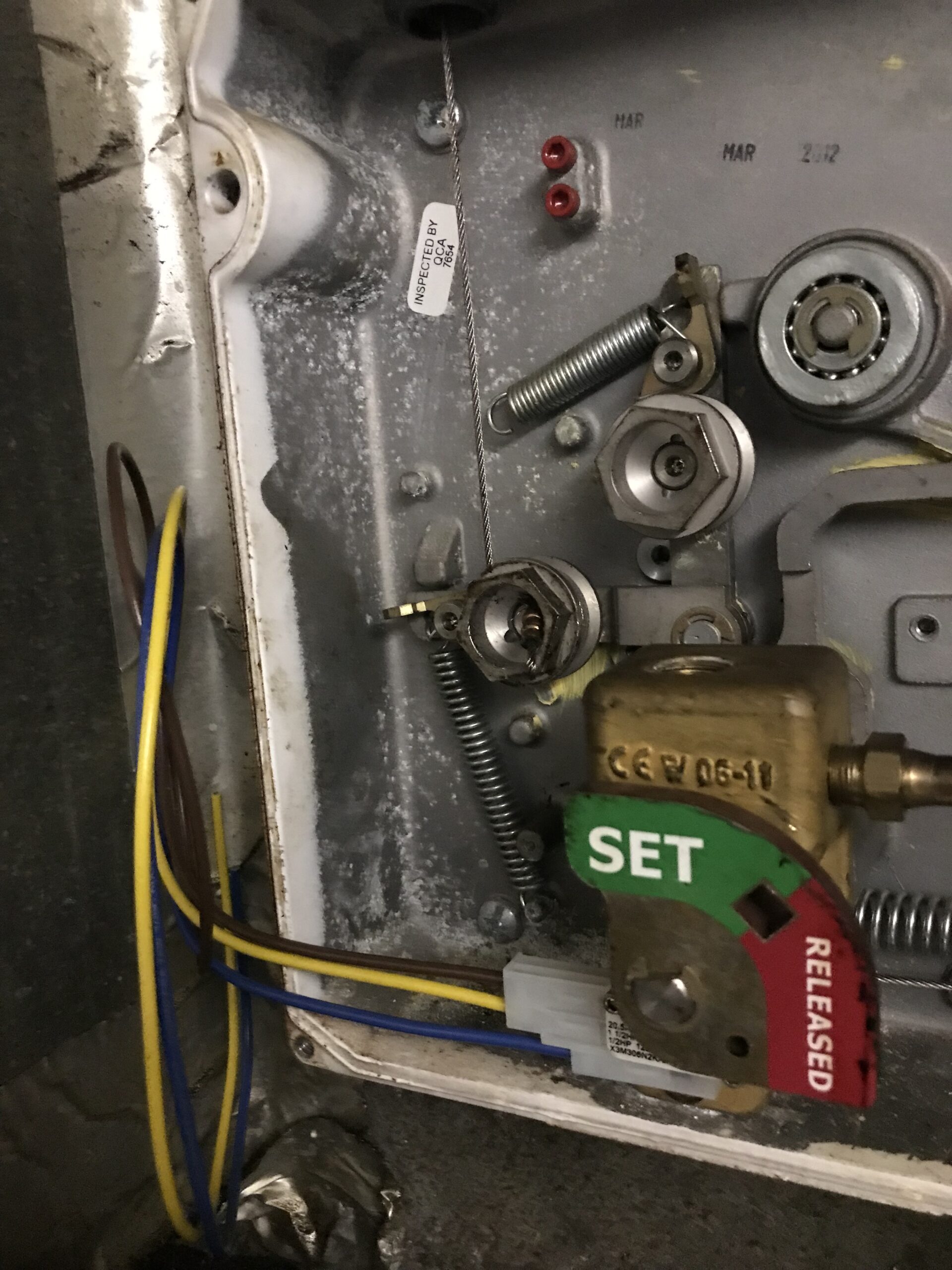
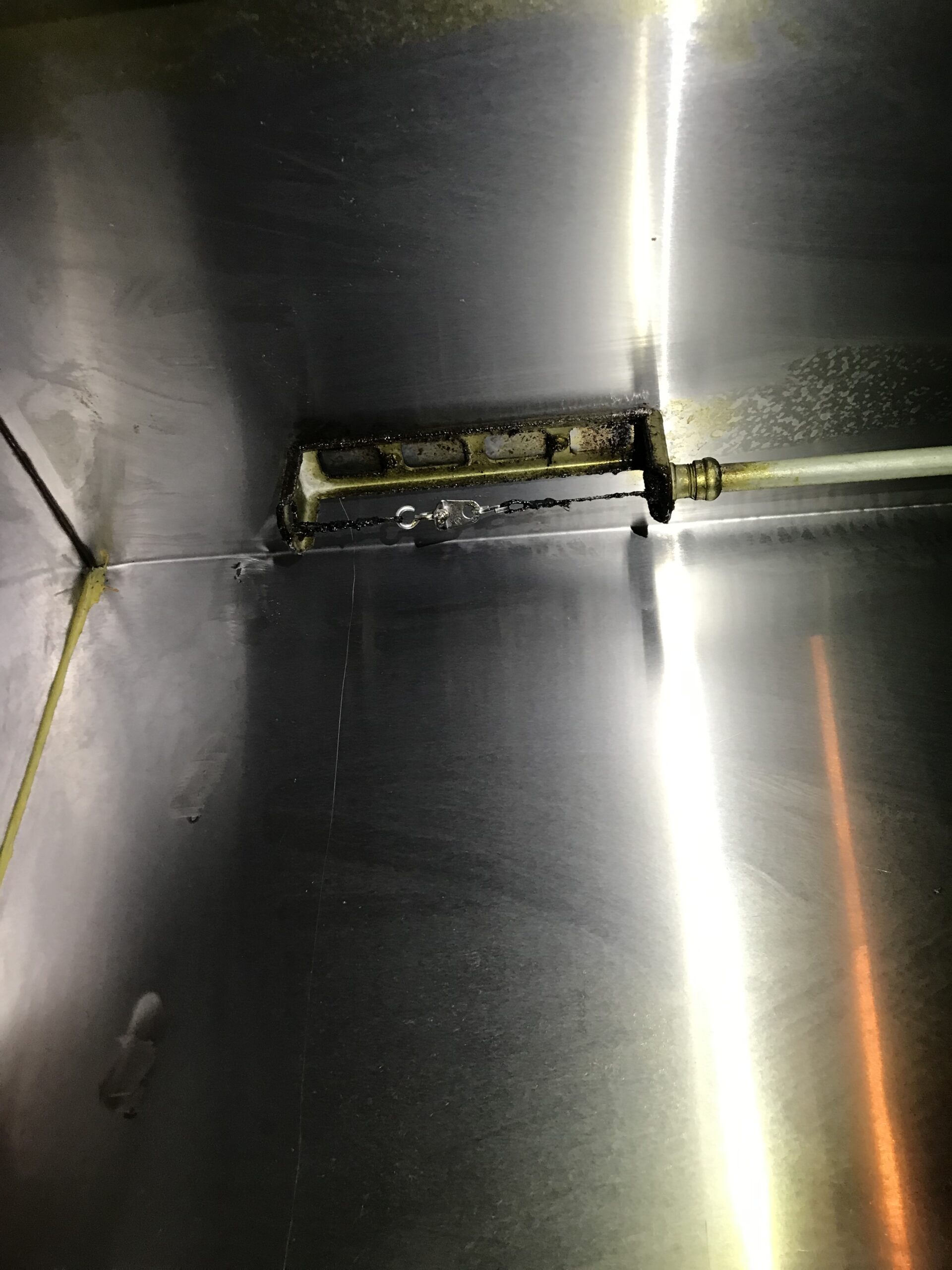
Non-compliance with Electrical Codes: The extensive use of electrical appliances in restaurants can overload circuits if not properly managed. Regular inspections often reveal issues like improper wiring or overloaded outlets, which lead to violations.
The FDNY enforces fire code regulations in Chinese and Asian food restaurants to ensure safety. Address common vulnerabilities such as improper maintenance of fire suppression systems, blocked emergency exits, outdated fire extinguishers, and non-compliant electrical systems. Restaurant owners can better prepare for inspections and avoid violations. Regular maintenance and strict adherence to fire safety protocols help pass FDNY inspections and ensure a safe dining environment for patrons and staff.

